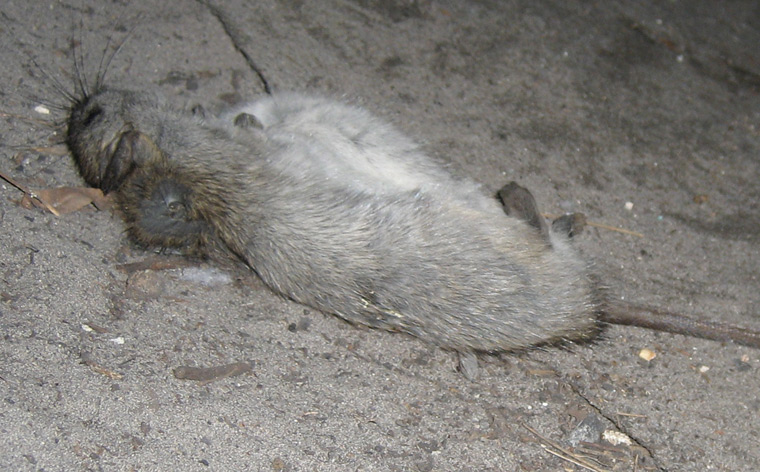-
info@aaanimalcontrol.com
Call us for help in your town
Humane Wildlife Education
Getting a dead animal out of your car
Need wildlife removal in your hometown? We service over 500 USA locations! Click here to hire us in your town and check prices - updated for year 2020.
You will need a few things to get started before you go on the hunt for a dead animal in your car.
Thick rubber gloves
Face mask
Cleaning fluids — strong disinfectant, antibacterial cleaner, bleach
Odor removal products
Disposable / garbage bags
Flashlight
Plenty of patience

It seems like an extensive list, and it *is* an extensive list … for good reason. The animals that you are likely to find inside your car are small ones, creatures like mice, rats, bats, squirrels, that kind of thing. Sadly, as cute as these animals are, and as funny as it may seem to have them inside your vehicle / garage, they also come with their fair share of problems.
Diseases
rats, mice and other wild animals can transmit diseases such as leptospirosis, hantavirus, rat bite fever, salmonella, and others. These can be passed on via airborne spores, urine, feces, nesting materials, biological matter (carcasses, etc.), and even if you were to come in contact withe the animal itself. This is the case with rat bite fever.
Vehicle damage - These creatures, especially rats, have a habit of chewing items that mean a lot to you. In the attic, that might mean a few boxes of old photographs. If this rat is in your garage, however, it can and more than likely will get inside your vehicle to have a look. Once it’s in the small compartments, it is free to chew through whatever it likes, and this mean through your cables, damaging the engine. This will not only prove costly to repair, it could cause a crash, writing off your car entirely in severe cases. That’s before you even begin to think about the potential dangers you are putting you and your family members in by driving around in a faulty / malfunctioning car.
Fire hazard - All those exposed cables cause a serious fire risk, especially when they come into contact with flammable materials. These flammable materials are often left in the garage because it’s a safer place than the house, but that will no longer be the case. You will experience more damage, this time to power tool and other electrical equipment, and also potential fire hazards and risk to life.
In order to remove these threats, you are going to need to get the animals out of your garage, and most definitely out of your car. Even a dead rat / mouse / other wild animal can prove deadly, particularly inside engine compartments. It doesn’t take much to cause a vehicle to malfunction, particularly when they are all electrically run these days. A dead animal in the engine is the sort of thing that would mess it up.
If the rat or mouse is dead, you will need to use your nose to help you hunt it out if you can’t find it using sight alone. Remember to grab a flashlight and really get into all the areas of your vehicle / engine where possible.
For more information, you may want to click on one of these guides that I wrote:
How much does dead animal removal cost? - get the lowdown on prices.
How to get rid of dead animals - my main dead animal removal info guide.
Example dead animal removal photographs - get do-it-yourself ideas.
Dead animal job blog - learn from great examples of dead animal jobs I've done.


















